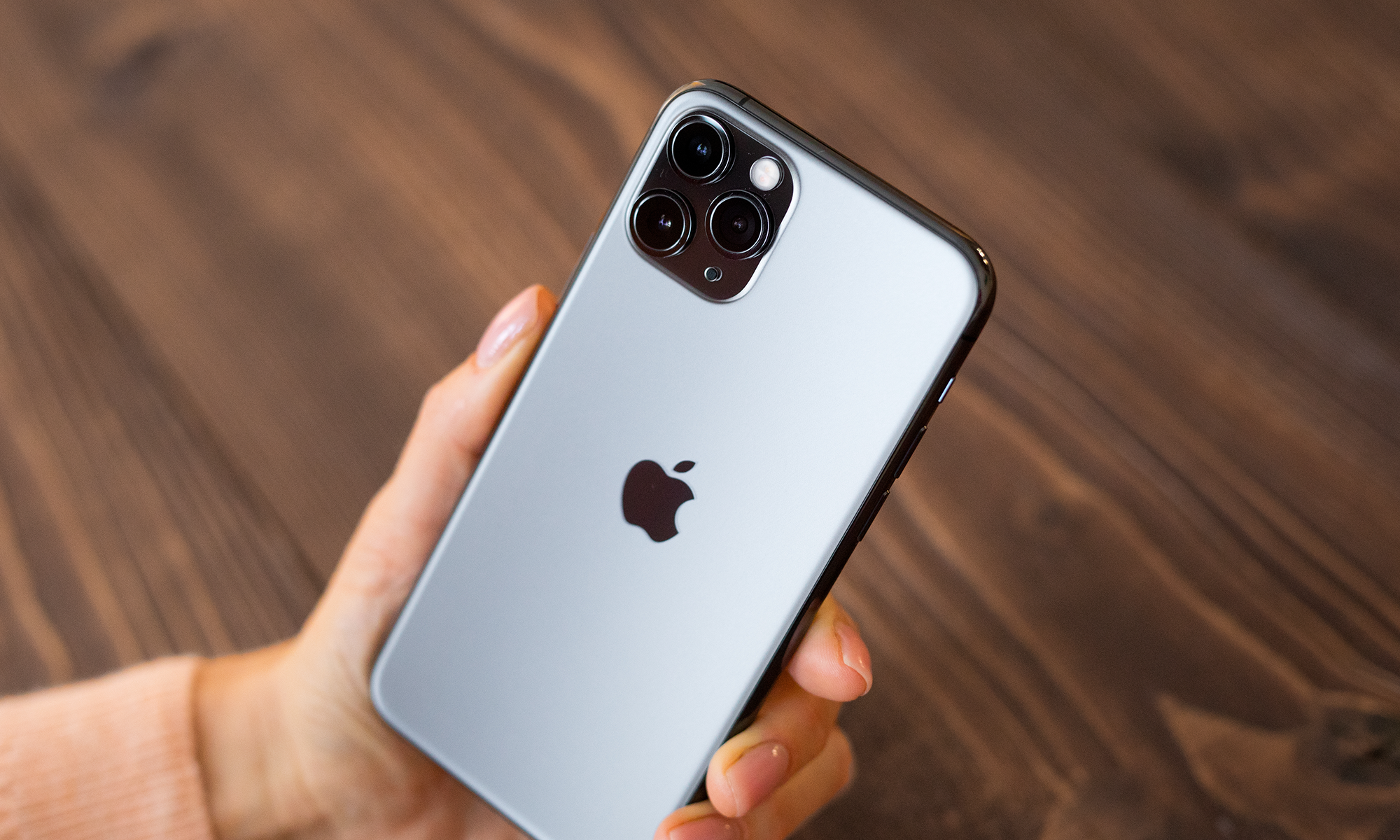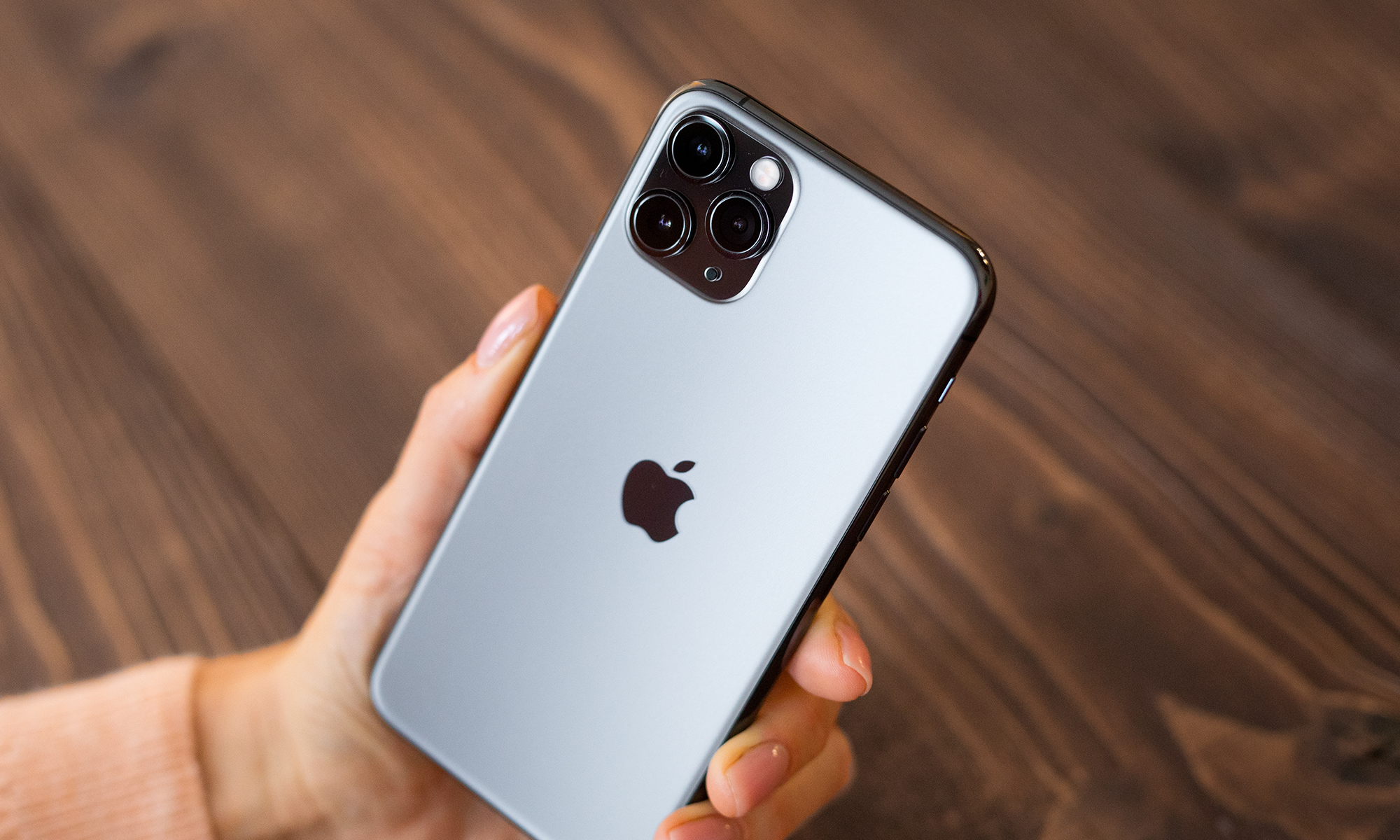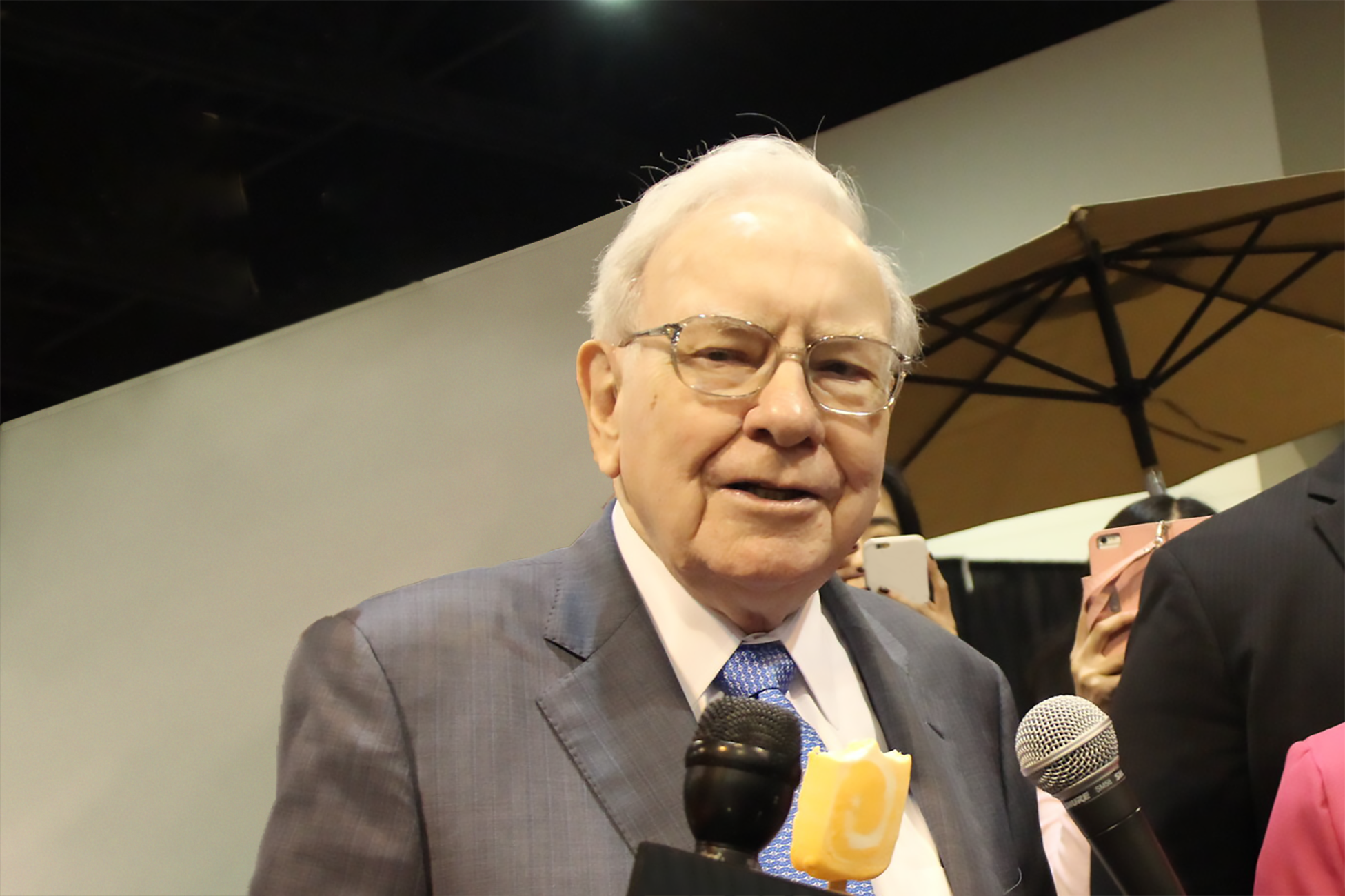Google's (GOOG +0.50%)(GOOGL +0.44%) latest smartphone, the oversized Nexus 6, retails for $649 off contract. It's cheaper than its closest competitors -- Apple's (AAPL 0.56%) iPhone 6 Plus and Samsung's (NASDAQOTH: SSNLF) Galaxy Note 4 -- but it's much more expensive than Google's prior Nexus handsets.
Although the price seems to have upset the Nexus faithful, it could ultimately lead to a more successful smartphone
An expensive Nexus
At $649, the Nexus 6 is almost twice as expensive -- a full $300 more than its predecessor, the Nexus 5, which was itself $50 more than 2012's $299 Nexus 4. Of course, the Nexus 6 belongs to a different class of devices -- phablets -- making a direct comparison difficult. It also features a larger battery and better camera, two commonly cited weaknesses of prior Nexus phones.
Still, it simply doesn't offer the same value. The Nexus 4 and Nexus 5 were half as expensive as competing flagships -- the Nexus 6 is only $100 cheaper. Both Samsung's Galaxy Note 4 and Apple's iPhone 6 Plus retail for $749.
Higher prices, better sales
It may seem counterintuitive, but the higher price tag could ultimately lead to better Nexus 6 sales. When it debuted late in 2012, the Nexus 4 was almost impossible to get, available only through Google's online store, Google Play. The phone sold out in mere minutes, and remained back ordered for weeks.
But that may have been more an issue of supply rather than demand. In a survey released last year, Yankee Group found that, in the U.S., fewer than 5% of smartphone buyers had purchased a Nexus handset.
With the Nexus 5, Google shifted strategy, selling the phone through Sprint and T-Mobile in addition to Google Play. Though the unlocked, Google Play version works on AT&T's network, neither it nor Verizon officially sold the phone. Given that they are, by far, the nation's largest carriers, this represented an obvious barrier, one that the Nexus 6 has managed to break. The Nexus 6 is, or will soon be, available through every major carrier. (Verizon is not currently offering the phone, but will likely do so in the near future.)
To some extent, it could be an issue of habit -- American consumers may be more comfortable purchasing their handsets from their carrier's store, rather than online. But it could also be one of affordability. Purchasing the Nexus 4 or Nexus 5 outright offered consumers significant savings over time, but the $299 or $349 upfront fee may have been too much to bear.
The recent rise of subsidy-free plans has issued in an era of phone financing. Increasingly, consumers are ditching two-year contracts in favor of subsidy-free plans. Consumers opting for these plans -- which include Verizon's Edge, AT&T's Next, and all of T-Mobile's plans -- are forced to pay their handset's entire cost, but do so in bite-size installments spread out over two years.
In a study conducted earlier this year, Consumer Intelligence Research Partners found that, when consumers finance their phones, they tend to go with a more expensive model. Buyers who used subsidy-free plans purchased more of Apple's then-flagship iPhone 5S than other less-expensive iPhone models.
In contrast to traditional two-year contracts, phone financing carries no upfront charge. That more expensive iPhone 5S may appear more attractive when a $200 down payment is no longer required.
Investors may never know
A similar effect could help Google's Nexus 6: When purchased on AT&T Next, the phone can be had for less than $23 per month, or $250 on contract. Both figures are far more palatable to cash-strapped consumers than the $349 required to purchase a Nexus 5.
Unfortunately, from an investing standpoint, it may difficult to tell how successful the Nexus 6 ultimately is. To date, Google has not released Nexus sales figures, and seems unlikely to do so going forward.
A successful Nexus could take a toll on sales of Samsung's Galaxy Note 4 -- if Samsung reveals disappointing Galaxy Note 4 sales, it could be evidence of cannibalization. But Apple's first phablet -- the iPhone 6 Plus -- could also steal some of Samsung's sales, further complicating matters.








